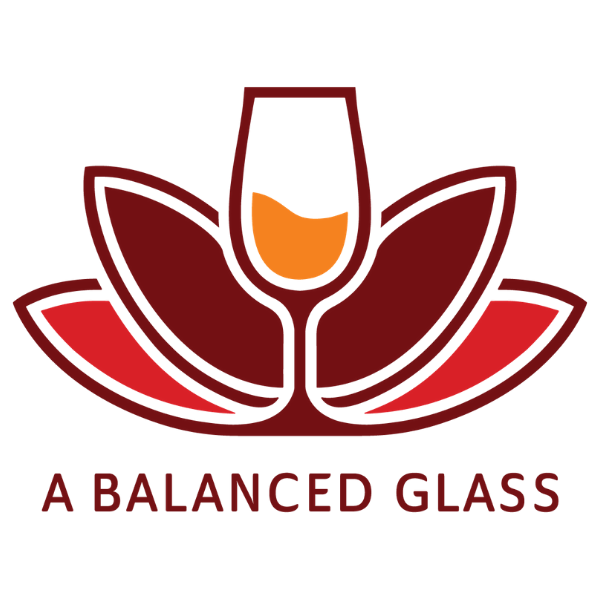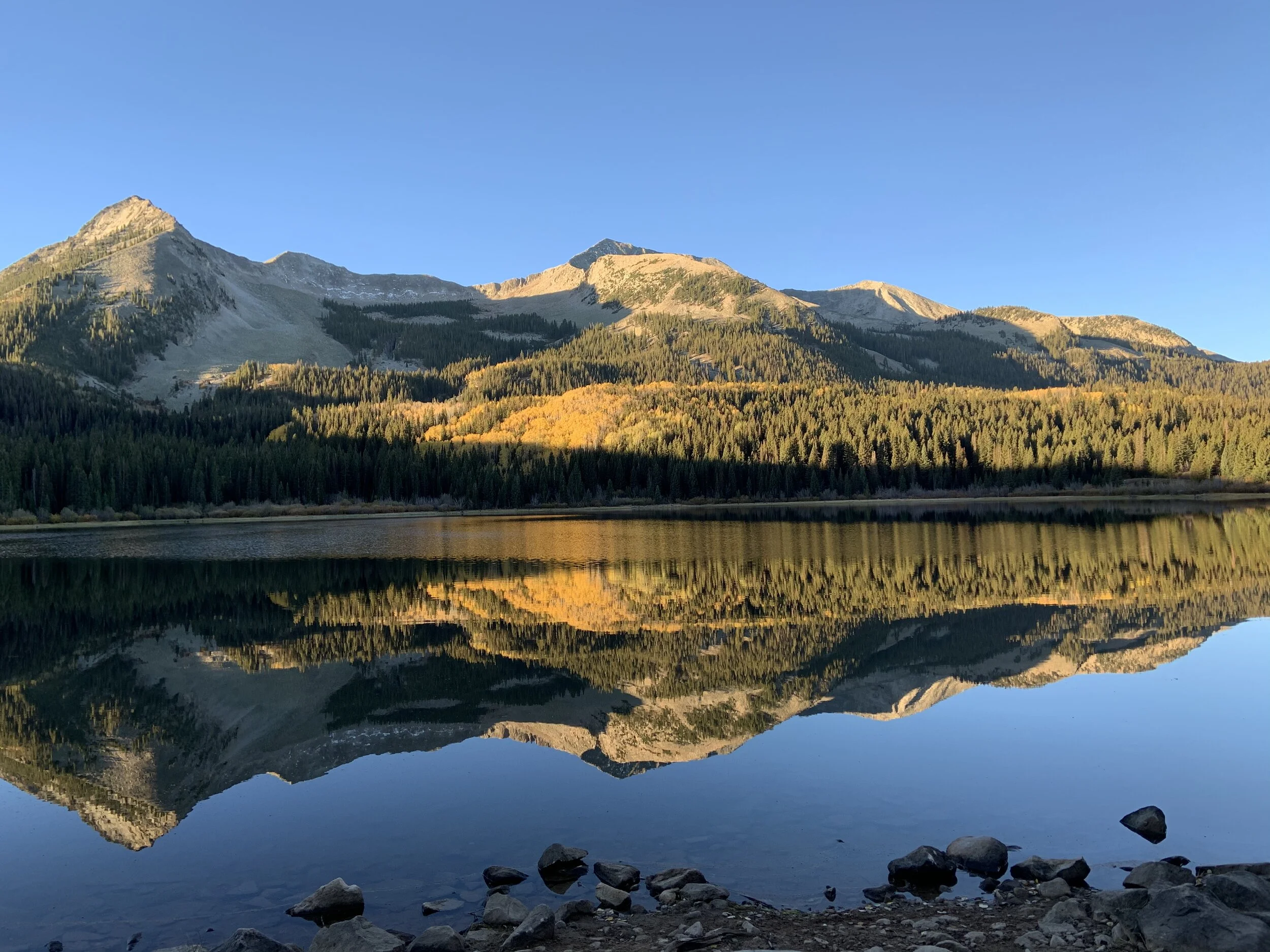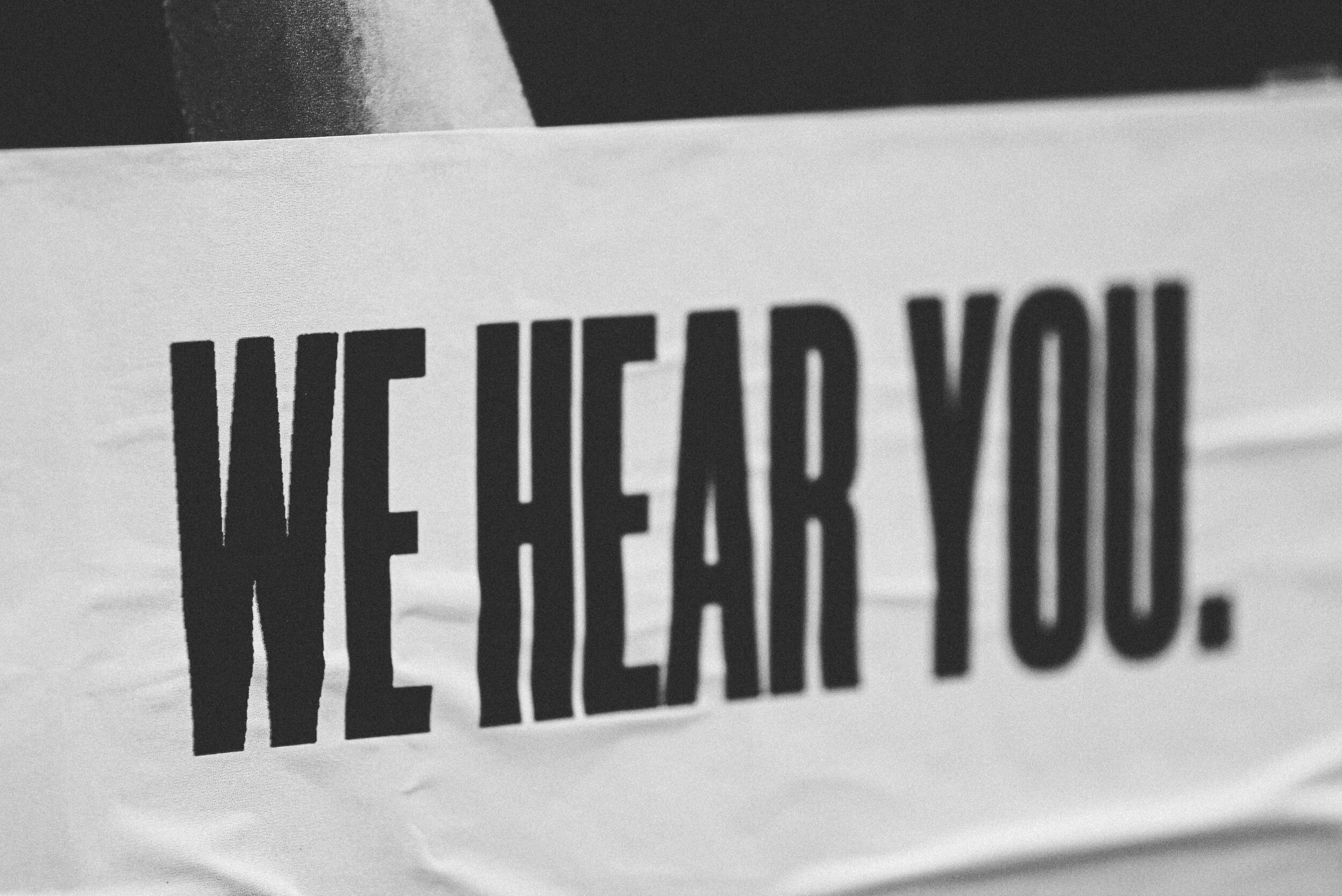Considering Loss and Grief in the ABG Community
Loss, and grief.
They aren’t typically topics of casual, everyday conversation (not even among this characteristically mindful ABG community!). Yet those topics have arisen frequently enough these past few weeks that it’s worth some attention and exploration. It’s a noticeable and troubling pattern, and we wanted to look it in the eye and let you know that we see its presence in your lives.
In all of our lives.
We wanted to take a moment this week to consider the context for loss and grief within our community. It might get uncomfortable or catch you off guard, so naturally please be gentle with yourself and use your own judgment about reading further.
For my part, I’ve noticed friends and colleagues mention the emotions of loss and grief, often indirectly or combined together, when we get a step or two beyond the polite or superficial how-are-you-I’m-fine check-ins. As you can imagine, the losses of COVID are the most prominent influencers of grief, whether we’re grieving the loss of life or the loss of a way of life. None of us are immune.
Then there are the triggers, or the “inciting events” that light the match of grief. There seem to be two triggers right now, both of which are seasonally driven. The first is the beginning of another wildfire season in California that’s triggering grief over the destruction of life and land from other years’ fires still fresh in recent memory. The second is graduation / end of school season that’s triggering grief particularly in young people over ceremonial milestones that seem anemic or bereft of community celebration, or at least not the kind of celebration we’re used to.
Overlaying all of this are the incidences of violence we see in our newsfeeds every day and the repercussions of them either directly or indirectly, including the ongoing aggression toward BIPOC and AAPI community, the medical crisis in India and the Israel-Hamas cycle of violence.
It’s an awful, awful lot.
We’d like, first of all, to pause and notice that those triggers around loss and those experiences of grief are happening around us, either at work or home or both.
We see that, and we see you. Full stop.
The second thing we’d like to do this week is share a little perspective from teachings, both ancient and more contemporary, around the topics of grief and managing loss. The idea here isn’t to “solve” anything or to gloss over the significance of the impact of these circumstances. Mostly we wanted you to know that there’s a lineage, both of the experience itself and managing it individually and as a community.
For example, it doesn’t take long for masterful teachers to mention change and impermanence when they’re talking about loss and grief. They point to the importance of finding resilience in things not because we’re holding onto them or because they’re unchanging. The importance, instead, is finding a resilience (and, eventually, a happiness) that can move with change.
In other words, it’s about being present with change. You’ve heard it before, and maybe you’ve rolled your eyes. Being present with change is a lot easier said than done, yeah?
No doubt.
But here’s something I’ve found that has helped: Remembering that it is all part of the deal. All of it. The grief. The loss. The change. The resilience. The impermanence. The celebration. The here. Then the gone.
It is all part of the deal of life, and none of us is immune. Loss and grief are going to happen to each of us, to you and to Beck and to me and to all of us. They have happened in the past, and they are happening now, and they will happen again.
“This too,” as one of my teachers likes to say after listening to both angry tirades and effusions of happiness from her students in quick succession. “This too.”
None of us is immune. But also, none of us is alone in loss or grief.
Namaste,
Cathy
What We're Reading:
Closing out May and Mental Health Month, this week's readings are dedicated to mental health resources. Please share widely.
Mind Wide Open
Mind Wide Open is a new interview series created by Lily Cornell Silver. Her mission for the series is to reduce the stigma surrounding mental health.
Our mental health crashed in 2020. Recovery could take years - CNET
COVID-19, lockdowns and financial pressures have inflicted emotional wounds around the world
COVID-19 depression and anxiety: How to take care of your mental health – CNET
Stress, anxiety, hopelessness -- the emotions that defined the pandemic and how to cope with them.
Spiritual Fitness reduces risk factors for Alzheimer's Disease - Global Wellness Institute
New studies show that psychological and spiritual wellbeing, reduces multiple risk factors for Alzheimer’s Disease.
Meet the Community!
Here we meet some of the talented folks who make our community and profession so dynamic.
Mike Provance, PhD, CEO, 3x3, (New York, USA)
Years in the industry:
Four years in the industry, admittedly, I could count driving a delivery truck for Newbury Wines in Boston in college. But, then I had a 25 year plus hiatus to focus on building software and data businesses across industries, creating 3x3grow ‑ a data-driven shopper engagement partner for brands and retailers in the beer, wine and spirits industry. We blend marketing technology with expert insight to help them connect with shoppers who will love their products.
My top three challenges to wellness:
1) My first priority and biggest Sisyphean challenge is maintaining and improving my mental health. I believe it’s the cornerstone to all other forms of wellness.
2) Making a massive change to my diet in order to accelerate physical wellness goals.
3) Consistently working out. I believe in anaerobic health ahead of aerobic health because it creates downstream benefits to mental health -- feel better and move more freely --> feel better mentally and emotionally --> have more energy to devote to increasing aerobic health and stamina.
How I keep it together to stay well:
Previously a skeptic of holistic medicine but also a believer in the concept of energy in Eastern philosophy, I took up yoga in 2005 to navigate some challenging moments. That change removed the skepticism and set me on a very crooked path of wellness.
In the last few years, I have a) doubled down on learning more deeply across many competing philosophies to develop one composite philosophy suited to me and to my daily life, b) invested in a daily meditation practice that I weave throughout each day to counteract the various and random sources of stress that appear, and c) do my best to practice “being water” as Bruce Lee puts it. Life becomes infinitely easier when one makes space for conflict and challenge and lets them pass through.
What inspires me:
While a bit cheeky, I recently reacquainted myself with the philosophical ideas posed by Bruce Lee and it had a profound impact on how I manage, live, and treat those who I let in close to me. I’d call that inspiration. But, beyond that I am inspired by how infinitesimally small and inconsequential humanity is in the grand scale of the universe -- that lack of permanence creates permission to be. Finally, as a multi-modal thinker, learner, and teacher, I am inspired by unique and unexpected design and creativity when it tackles difficult ideas or concepts.
A quote I love:
Two quotes really, both connecting mindset to water:
“... all things pass and nothing stays, and comparing existing things to the flow of a river ... you could not step twice into the same river.” (Plato quoting Heraclitus)
“Empty your mind, be formless. Shapeless, like water. If you put water into a cup, it becomes the cup. You put water into a bottle and it becomes the bottle. You put it in a teapot, it becomes the teapot. Now, water can flow or it can crash. Be water, my friend.” (Bruce Lee)
You can connect with Mike on LinkedIn, Twitter and Instagram.
Announcement: NEW Community Partnership
We are very (very) happy to announce our new community partnership with The Fine Line Podcast: Balancing Hedonism and Health.
Hosts Lisabeth Danneels and Emily Gold expertly orchestrate the podcast interviews with a range of compelling colleagues and friends from throughout the industry.
For select episodes, Cathy will be adding a short meditation or mindfulness segment to complement the theme of the podcast, beginning with the subject of motivation following Episode 18’s interview with Carlton McCoy MS.
Even the title indicates the commonalities with A Balanced Glass. Please check them out!
Shop our ABG Merchandise
Hydration, safety and style are all possible with ABG Merch.
The offerings are a small list of high quality items that we have road-tested and reviewed, and hope they help support your self-care, while staying hydrated, safe, and stylish! Check it out here







